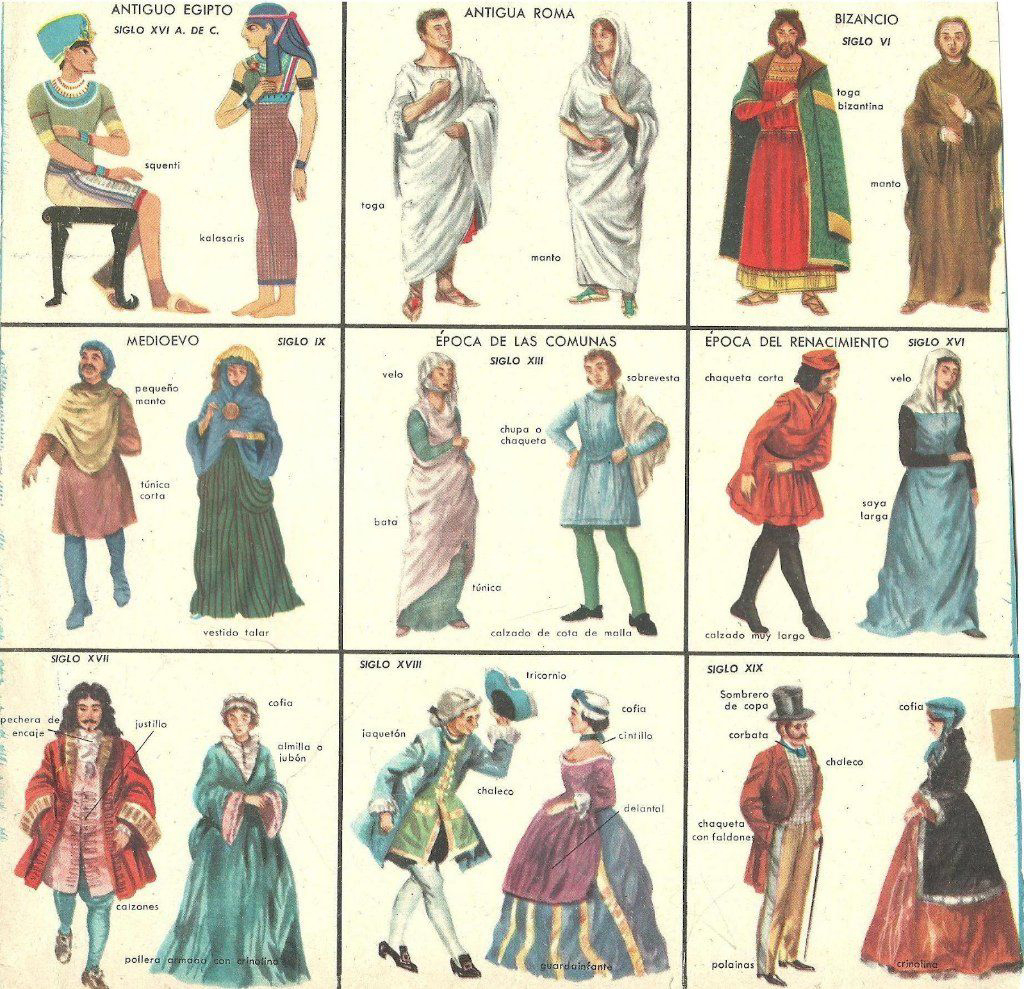MY WORLD 7
THE LAW.
1) Law:
It is the set of principles and norms generally inspired by ideas of justice and order that regulate human actions throughout society, it is also the social science that studies, interprets and systematizes the order for its correct application, it also has an intimate connection with politics, economy and history, and it is the center of complex human problems such as the determination of what is just.
The law constitutes the mother right. It is a residual right that regulates everything that has to do with the person as a person. It is basic but it is not the only right that exists, it emerged as the only one but as society evolved and became more and more complex.
It has other scientific connections such as:
Moral: although it is not considered a science, law has an intimate connection with it.
Sociology: It takes information from it, from the development of man within the social framework and from the instruments of sociology such as statistics among others.
History: It draws conclusions from it as foreign legislation to obtain information from them.
Psychology: Gives guidelines to understand the nature of man.
Medicine: Gives information that will later be used in legislation.
Law also covers all aspects of man's life and therefore relates to almost all sciences.
Branches of Law
Civil law remained the trunk of the law. Then came the different types of specializations of law that became branches of law: PUBLIC LAW - PRIVATE LAW.
Currently this classification is somewhat distant from reality, since it is difficult to establish a difference between them as labor law is difficult to include in one or the other, since it participates in both.
Another classification is the substantive law (the essence of the claim, the law, provisions, and regulations ) and formal law (procedural law).
Sources of law:
Formal sources: These are the imperative social facts emanating from authorities external to the interpreter.
- The law.
- Custom.
- The rule issued by a court of cassation.
- Material or scientific sources.
Those given by free scientific research are:
- Jurisprudence.
- Doctrine.
- Equity.
- The purchased right.
They gravitate to the persuasion that emanates from them.
In summary, law is the set of principles and rules inspired by order and justice that regulate human actions. It is also the science that studies, interprets and systematizes the order for its correct application, apart from being the center of complex human problems such as determining whether something is fair or not, including the analysis of its variations.
Video that explains what the law is: https://youtu.be/zP12GHW6UJA
2) Legal Relationship:
It is the link that unites two or more natural or moral persons with respect to certain goods or stable interests and organically regulated by law as a channel for the realization of a social function deserving of legal protection. It is also an important element from the point of view of subjective law as well as the legal norm from the objective point of view.
Mouchet and Zorraquin Becu considered that the legal relationship is that which is established between persons to whom a norm designates certain consequences.
The different social relations in which individuals can participate are legally contemplated, that is, there is a regulation of them.
Its elements are the following:
Subject: these are the persons between whom the legal relationship is established. It can be active or passive.
Active subject: is the person who, in the legal relationship, exercises a right or a faculty. For example, the creditor in a public relationship, an owner or who suffers a damage in his rights.
Passive subject: is the one in the legal relationship, who is obliged to give, do, or not do something. For example, the debtor who is obliged to pay, or who harms another is obliged to compensate for the damage.
Object: is the content of the right that the active subject has. It is the presentation on which the legal relationship falls, it is the obligation to give, to do or not to do.
Cause: is the fact or act that gives rise to the legal relationship, or on the contrary modifies or extinguishes it. It is also called the "efficient cause" or "final cause" of the legal relationship.
3) Subjective Law:
It is understood as the freedom of the individual to make decisions, the law and society cannot be so firm, taking into account the amount of cultures and traditions that man has developed all over the world since his first steps, which is why a line of looseness is established between right and wrong, so that problems can be solved within that difference in order not to reach extremes. Unlike the objective law that contemplates a series of situations, laws and applicable sanctions in the face of the lack of some part, the subjective law on its part contracts these sanctions and advocates the solution and analysis of the previous situation.
The human will to decide is inherent. The power to execute good or bad actions will be in the hand of ethics, morals and good principles previously unfounded, the conscience and obligation of society have been kept up to date thanks to the dependence of the human being by its own laws.
The intelligence offers us the possibility of strengthening our future in life that although we are free we understand that we must delimit ourselves for our own good.
Therefore, in a strict sense this type of right can be called a license or exclusive concession that is granted to an individual to act according to what the legal laws dictate.
It can be classified into public subjective rights and private subjective rights.
Public subjective rights: are those that a person possesses in reference to the existing public powers such as political rights, that is, to elect and to be elected, the right to receive services, the power to collect taxes, the right to use public goods, among others.
Subjective private rights: these are the rights that each person possesses in reference to freedom of act or expression in accordance with the rights of personality. Among these are the patrimonial rights that refer to those that are given to the individual for the use and approval of economic goods and the family rights that cover the relationship between the individual and a family sphere.
The latter can be classified according to their scope vis-à-vis the others, which are relative and allow the person to demand a given behaviour vis-à-vis other people, and absolute rights, which make it possible to demand respect or non-ignorance in that absolute subjective right from others.
Video explaining the difference between subjective and objective law: https://youtu.be/XsB1WHloxYY
4) Diffuse interests:
These are those which, although they do not affect the whole community, do affect certain sectors. These are integrated by subjects in identical situation with respect to a good that they wish to preserve against something that can damage it.
Diffuse interests can be classified according to their response to:
- Ecology or environment.
- Consumer protection.
- Spiritual and cultural values.
Diffuse interest is that which is common to an indeterminate group of people. The fundamental difference between the definition of diffuse interest and collective interest is precisely that in the first case it refers to an indeterminable group of people, in the second case it is a determinable group.
Example: Pollution.
In the event that the water of a river is contaminated by an industrial plant or by any activity of a businessman, and causing people to be unable to give any type of use to that river because of an imminent risk of contracting diseases, a single person can activate the mechanism related to the protection of the diffuse interest. With a complaint to the competent authority, the latter would have to initiate an investigation process in areas of seeking the health of all those who use that water and those who can potentially do so, an indeterminate group of citizens.



Comentarios
Publicar un comentario